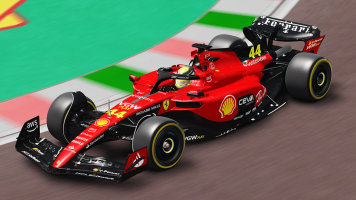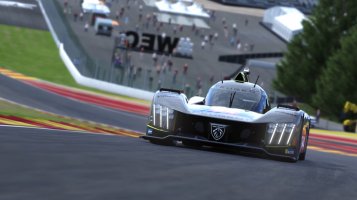Seriously i thought the Pitlane Speed Limit was low enough as it is, and some teams want to lower it even more? if they did their be going backwards.

Formula 1's governing body has rejected a move by teams to lower the pit lane speed limit during races.
Most teams backed a proposal to lower the limit from 100km/h (62mph) to 60 km/h (37mph) in the interest of safety.
But race director Charlie Whiting has told them he feels there is no need to make the change as there is no evidence that the current arrangement is unsafe.
The speed limit is 60km/h during practice, but is raised for qualifying and the race.
The move was proposed following an incident in sportscar racing. A mechanic was killed at Zolder in Belgium last year when the car he was working on suffered a brake failure as it was approaching the pit.
But the FIA felt that incident was caused by a mechanical failure rather than excessive speed.
Their view is that there have been no pit-lane accidents in F1 that have been caused by excessive speed since the current limits were introduced.
A number of measures are already taken to increase safety in the pits during qualifying and the race.
No guests or media are allowed in the pit lane, apart from television pit-lane reporters and photographers under strict restrictions, and pit crews are only allowed out of the garages when they are getting ready for a stop.
source

Formula 1's governing body has rejected a move by teams to lower the pit lane speed limit during races.
Most teams backed a proposal to lower the limit from 100km/h (62mph) to 60 km/h (37mph) in the interest of safety.
But race director Charlie Whiting has told them he feels there is no need to make the change as there is no evidence that the current arrangement is unsafe.
The speed limit is 60km/h during practice, but is raised for qualifying and the race.
The move was proposed following an incident in sportscar racing. A mechanic was killed at Zolder in Belgium last year when the car he was working on suffered a brake failure as it was approaching the pit.
But the FIA felt that incident was caused by a mechanical failure rather than excessive speed.
Their view is that there have been no pit-lane accidents in F1 that have been caused by excessive speed since the current limits were introduced.
A number of measures are already taken to increase safety in the pits during qualifying and the race.
No guests or media are allowed in the pit lane, apart from television pit-lane reporters and photographers under strict restrictions, and pit crews are only allowed out of the garages when they are getting ready for a stop.
source










